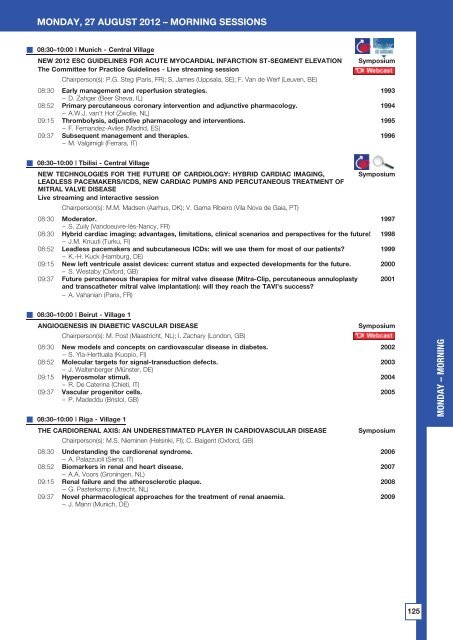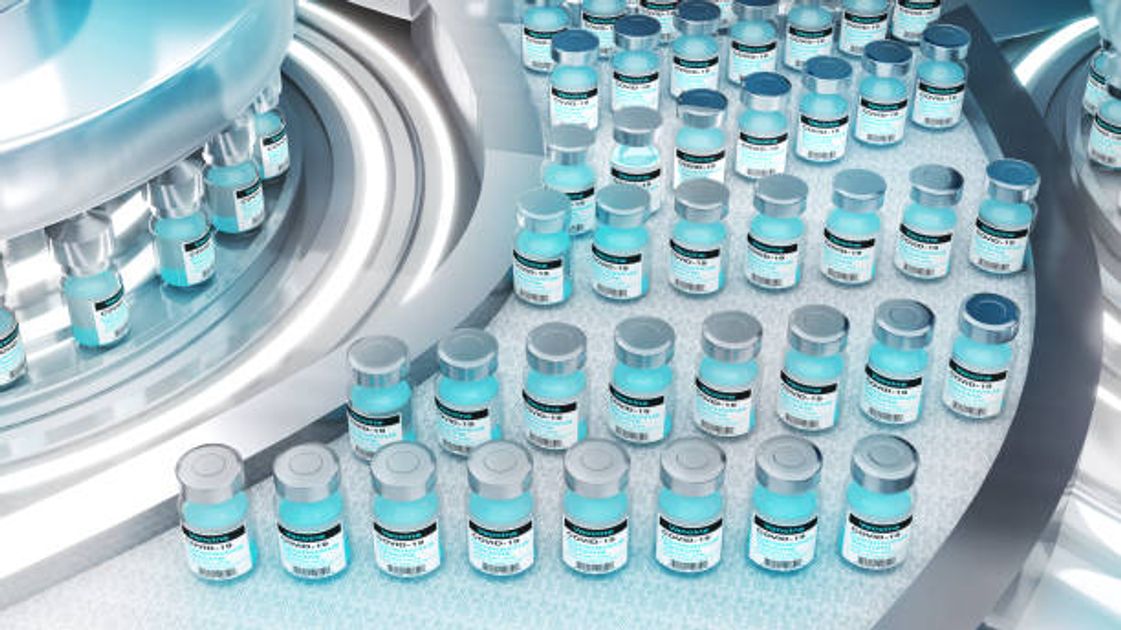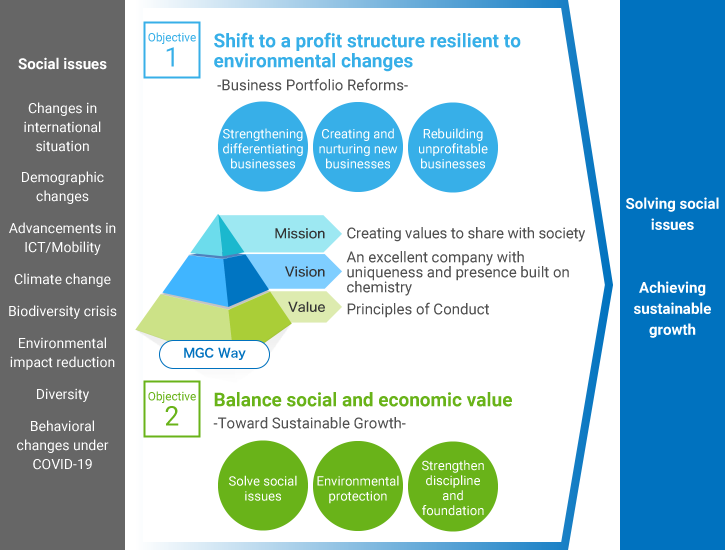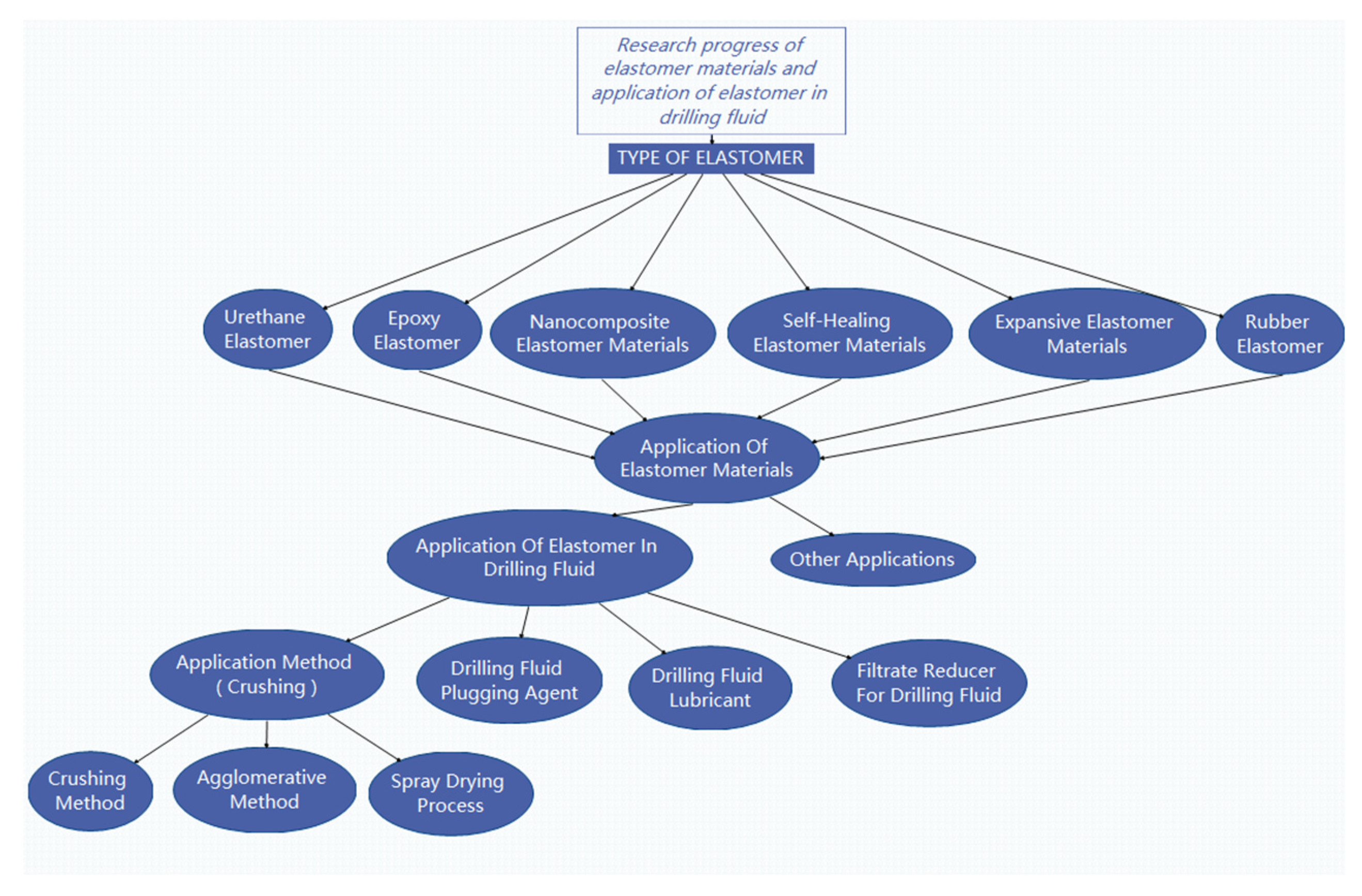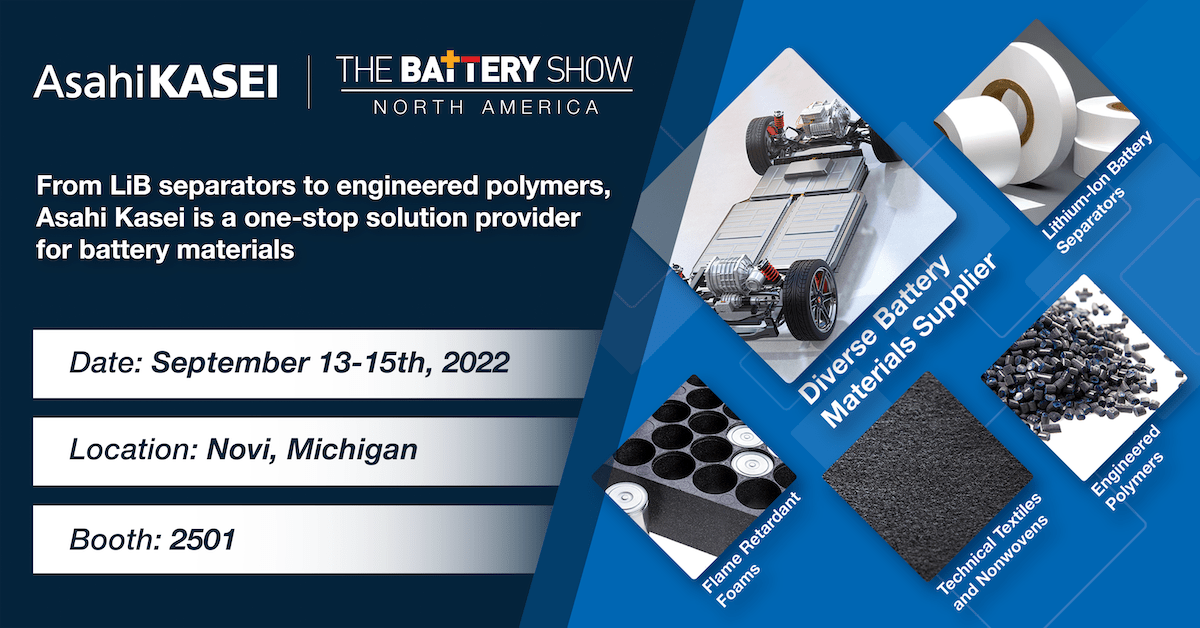Ube Industries Advisor Morihisa Yokota Discusses Upcoming Products in Priority Sectors
The Chemical Daily recently conducted a round of interviews with the heads of R&D divisions of major Japanese chemical companies. For this installment, we talked with Morihisa Yokota, advisor (former executive officer, general manager, corporate research & development) at Ube Industries Ltd. (TYO:4208).
The corporate R&D division at Ube Industries works to strengthen the company’s elemental technologies for catalysts, manufacturing, process analysis of inorganic materials and mechanical design, Yokota explained. At the same time, he said, the division focuses on R&D efforts in the four priority areas of mobility, the environment and energy, construction and infrastructure, and health care.
For efforts in the mobility sector, Yokota said that Ube Industries is striving to develop lightweight auto parts based on new concepts. And this, he continued, is seeing the company develop optical adhesives that are able to stick together optical components of varying shapes. The goal here, Yokota explained, is to take in demand relating to curved and spherical in-vehicle displays – which improve designability for vehicle interiors – as the company aims for commercialization around 2020.
With regard to the environment and energy, Yokota noted that Ube Industries has established heavy metal insolubilization technologies aimed at the effective use of coal ash. He added that the company has also started considering measures for the effective use of CO2 emitted from factories and other such facilities. Such measures will be established as a more concrete theme within the company’s upcoming medium-term management plan starting in fiscal 2019, he said.
In the construction and infrastructure sector, Yokota said that Ube Industries is tackling a number of themes through a dedicated research group. Among these, he highlighted the use of urethane resin – which excels at forming tough and transparent films – as a raw material for coatings able to prevent peeling in bridges and tunnels. This is expected to help prolong infrastructure lifespan and facilitate early detection of any cracks, Yokota said, with sales here expected to get up to full speed before the end of fiscal 2019.
And in the area of health care, Yokota noted that Ube Industries is working toward commercialization for a cell culture system that makes use of porous polyimide membranes. This sees polyimide membrane modules with a special porous structure used as scaffold materials, providing a foothold for cell multiplication. With this then offering a favorable breeding ground for cells, the system facilitates stable and long-term production of active ingredients and other such materials.

